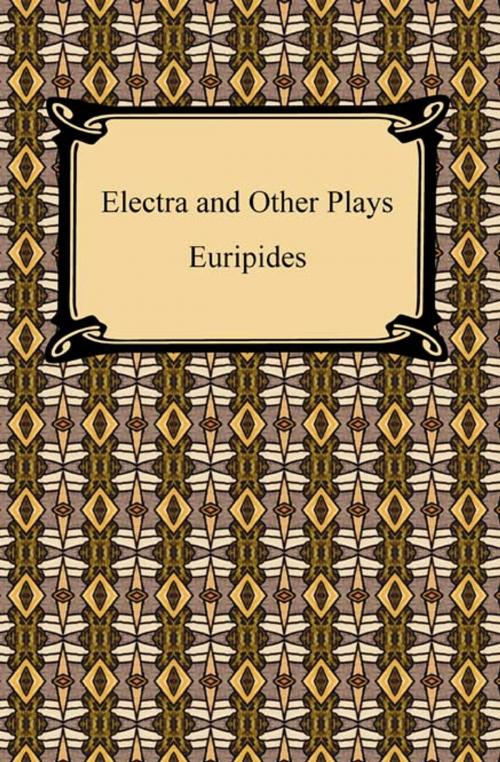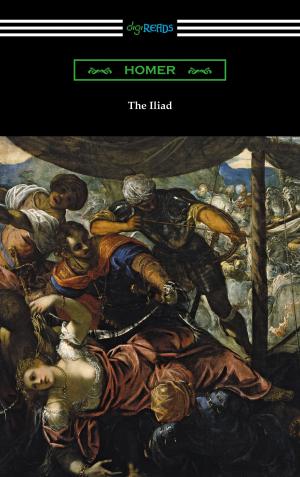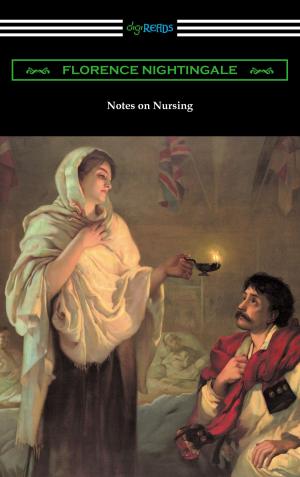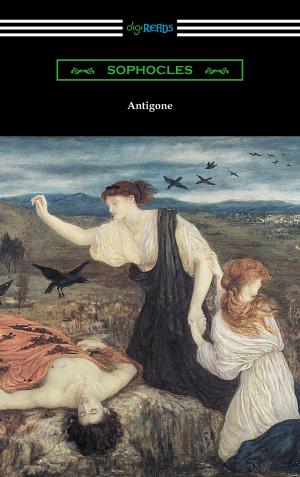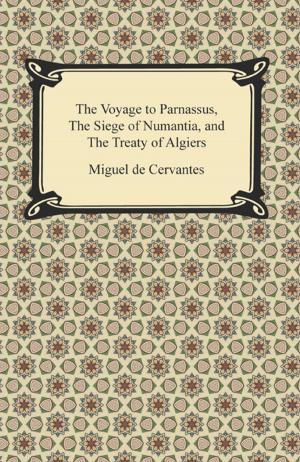| Author: | Euripides | ISBN: | 9781420936919 |
| Publisher: | Neeland Media LLC | Publication: | December 15, 2009 |
| Imprint: | Digireads.com Publishing | Language: | English |
| Author: | Euripides |
| ISBN: | 9781420936919 |
| Publisher: | Neeland Media LLC |
| Publication: | December 15, 2009 |
| Imprint: | Digireads.com Publishing |
| Language: | English |
In "Electra and Other Plays" we have a collection of five of the classical dramatist Euripides' best plays. In the title work "Electra", before the events of this play, the Greek general Agamemnon sacrificed a daughter to appease the gods and gain permission to sail for Troy. His wife Clytemnestra never forgave him, and upon his return she and her lover murder him. Euripides picks up the story with the children of Agamemnon and Clytemnestra, the young Electra, who has been sent to live on a farm, and her brother Orestes, who was sent to grow up abroad. Though they are more or less exiled to quench their desire to avenge their father's death, both are still quite determined to do so. Electra is fixated by dreams of revenge, and she eagerly awaits the return of Orestes, who will aid her in vengeance. Also included in this work are the following additional plays: "Andromache", "Hecuba", "The Suppliants", and "The Trojan Women".
In "Electra and Other Plays" we have a collection of five of the classical dramatist Euripides' best plays. In the title work "Electra", before the events of this play, the Greek general Agamemnon sacrificed a daughter to appease the gods and gain permission to sail for Troy. His wife Clytemnestra never forgave him, and upon his return she and her lover murder him. Euripides picks up the story with the children of Agamemnon and Clytemnestra, the young Electra, who has been sent to live on a farm, and her brother Orestes, who was sent to grow up abroad. Though they are more or less exiled to quench their desire to avenge their father's death, both are still quite determined to do so. Electra is fixated by dreams of revenge, and she eagerly awaits the return of Orestes, who will aid her in vengeance. Also included in this work are the following additional plays: "Andromache", "Hecuba", "The Suppliants", and "The Trojan Women".
